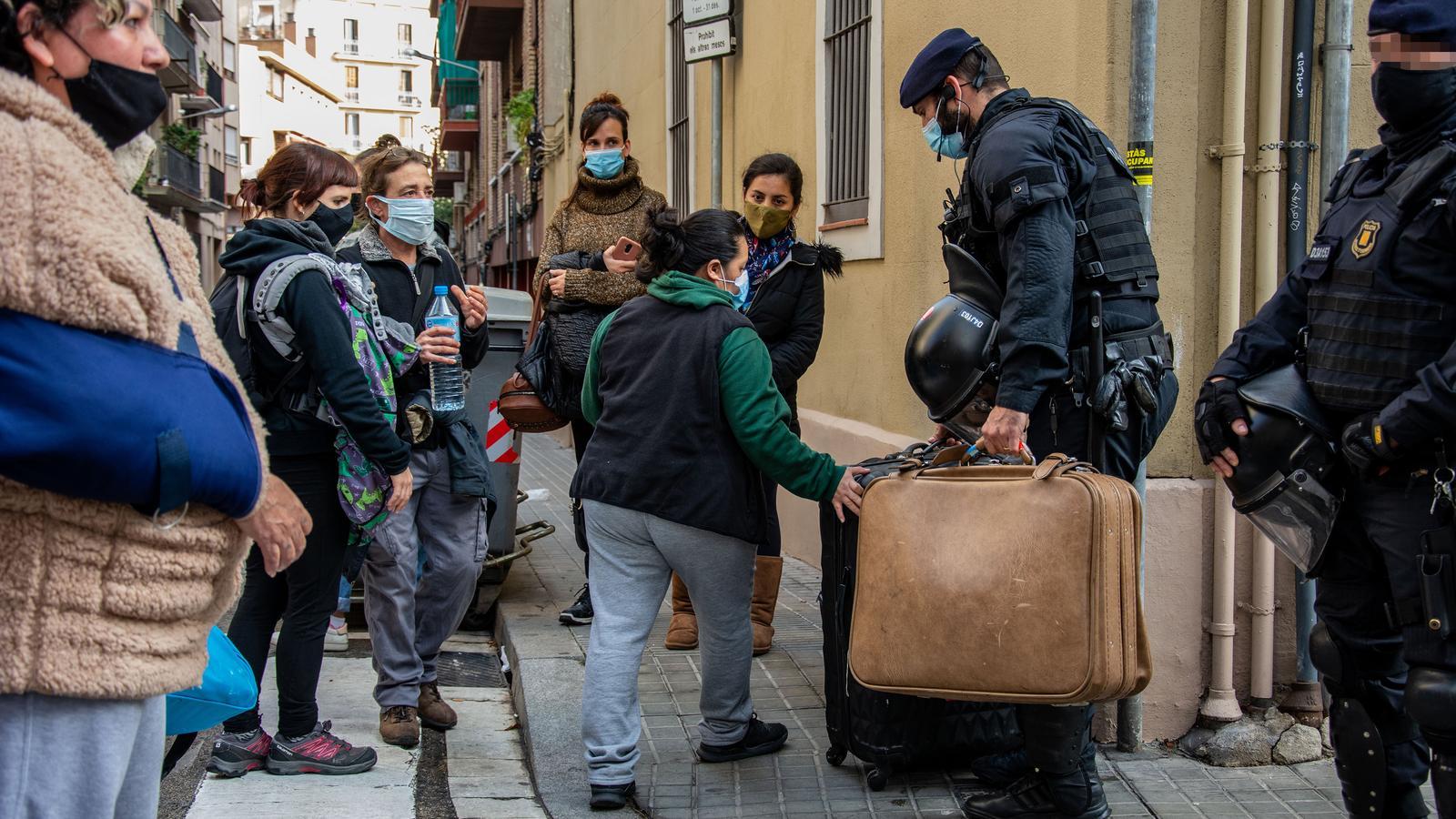

The collateral effects of the covid-19 pandemic, still painfully among us, are like ivy covering the entire façade of our cracked social edifice. The metaphor is pertinent because housing is, right now, one of the greatest weak points. We had already come from a precarious situation, the result of the economic crisis of 2008, which had become bogged down and has now only worsened due to the economic ravages also caused by the coronavirus. The moratorium on evictions for people in social emergency situations has managed to stop the blow, but if, as planned, it ends with the end of the state of alarm on May 9, we will come across a new wave of homeless people difficult to manage. Many families will face the threat of becoming homeless with the end of the furlough scheme and the self-employed aid, measures that, if there is no further extension, will expire around the same time, on May 31.
The outlook is already bleak. In the last quarter of 2020, foreclosures, which may end in future evictions, grew in the whole state 17.5% more than in the same period last year: Catalonia, with 4,643, was the territory where more were made. Evictions themselves have been delayed for the moment, not only because of the moratorium, but also because of the blockage in the courts due to covid. But when the pace of judicial work recovers, everything that has been collapsed will start to function. If we add to this the slow economic recovery, there will be a lot of trouble. Agreements such as the recent one between the Generalitat and Endesa to alleviate energy poverty by writing off the debt of 35,000 families are necessary, as is placing emphasis on the essential economic recovery to generate wealth and not depend only on social policies.
In any case, there are no easy solutions to a long-standing housing crisis, which is the main factor of poverty and inequality, also generational. Access to housing either mortgages the future of young people for life or it is a chimera. The difficulty of the administrations to build social housing in alliance with the private sector - in Catalonia social renting is 1.6%, compared to the European average of 15% -, the hesitation in regulating rental prices - it is not clear whether the new state law will include the measure -, the processes of gentrification, and the strong position of the banks as major landlords do not make things easy. For starters, a shock measure would be to extend the moratorium on evictions to give time for a substantive dialogue between the agents involved, including social entities that stop the blow so many families on the edge of the abyss receive. To take for granted a high degree of homelessness is a collective failure that we cannot afford. The way out is to reactivate the economic fabric, change the regulations of the housing market and address social emergencies.
